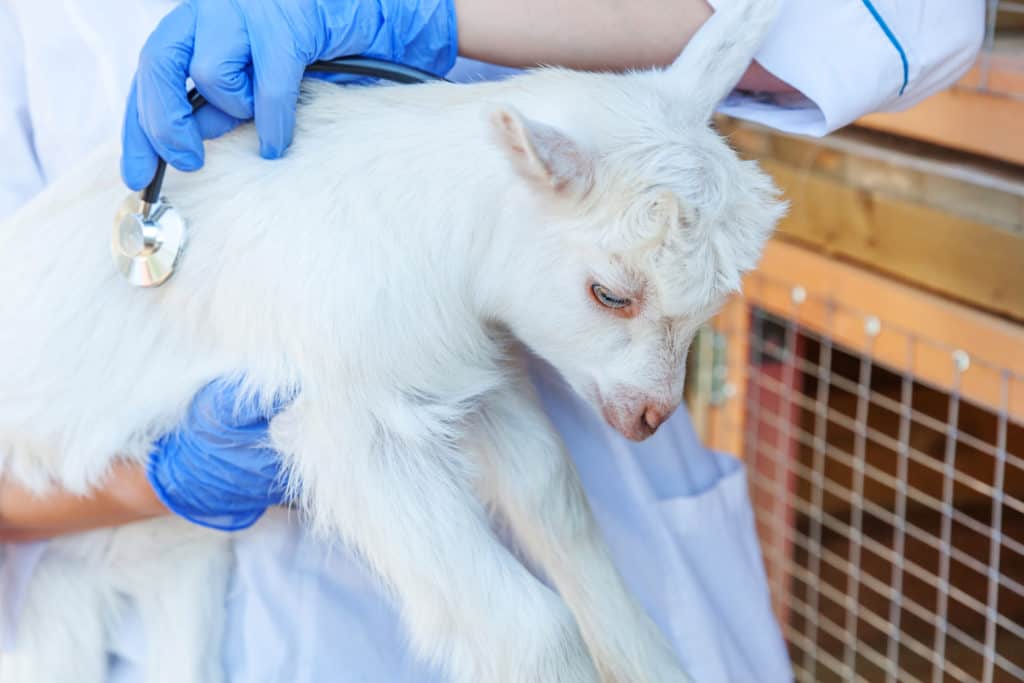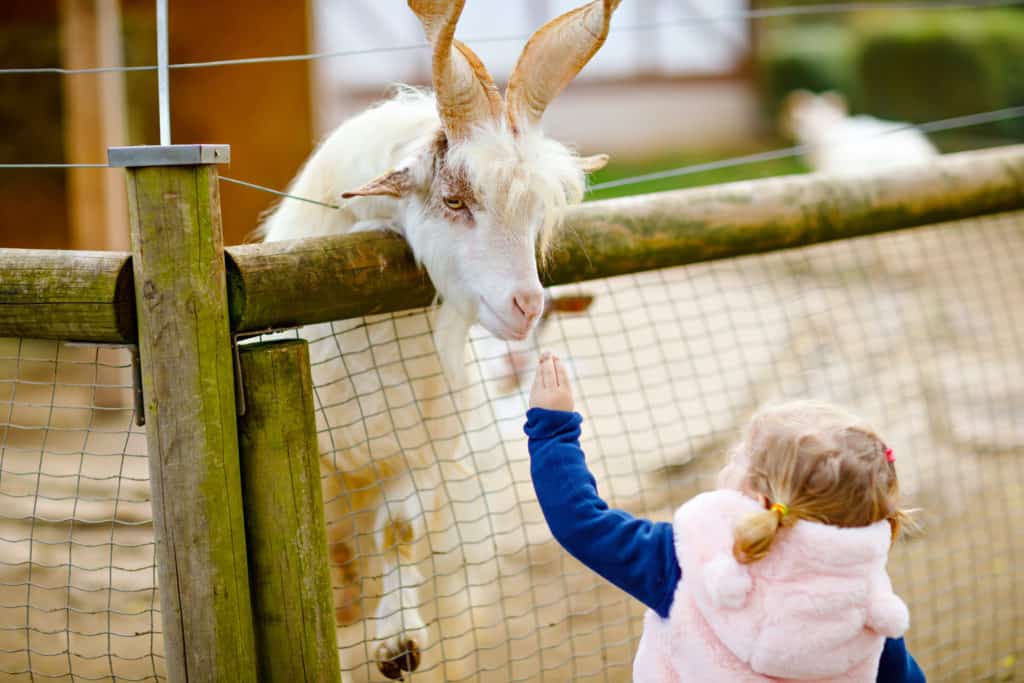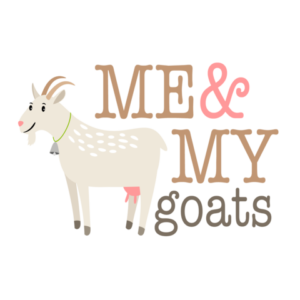
Wondering if goats can get colic, and if so, what you can do about it? Read on for more
Goats can experience colic, and if left untreated, can even be fatal. The colic or bloated feelings experienced by the goat occurs when gas builds up in the largest stomach of the goat, known as the rumen, and is unable to be released. This results in a painful sensation that can be fatal.
What can you do if your goat experiences this problem? Read on to learn more
Preventing your goat from getting Colic
Before we delve into ways that you can prevent your goat from getting colic, we first need to define what getting Colic is. Colic in goats can most simply be defined as the state when a goat needs to release excess gas, either by burping or passing gas, but cannot do so. The buildup of this unreleased gas causes pressure near the abdominal area of the goat that can grow increasingly more painful.
Now in terms of preventing these feelings, there are a couple of things that can be done. One way to mitigate this risk is but making sure to feed your goats dry hay before letting them consume clovers or grass that is high in moisture, as doing this reduces the risk they will experience this feeling of bloatedness. This is important because simply allowing your goats to feed on wet pastures whenever they desire largely increases the likelihood they will experience bloatedness, but balancing it out with dry things, such as hay, these feelings to be minimized in the digestive system. Additionally, it is important that your goats consume a balanced diet.
Overconsumption of either grains or vegetables can have negative effects on the digestive system and should be avoided. With this information in mind, the best that can be done to prevent these feelings of bloatedness from your goat is by making sure it has a healthy and balanced diet.

Signs of your goat is colic
A quick way to observe a colic goat is by noticing a bulge in the left flank of the goat. Another way to observe whether or not your goat is Colic is from unusual behavior. Examples of this include unusually shy behavior, tamping of the hind feet, grunting, and even biting. Goats will often lay down helplessly, another sign that they are clearly sick. If these initial signs are ignored and left untreated long enough, the goat may be subject to much more serious symptoms, such as respiratory failure.
With this in mind, it is crucial that you as the owner can effectively identify the signs and act fast. If you see your goat displaying any of these behaviors or symptoms, you must first remove the goat from the others. If the goat continues to display signs of discomfort and behaves abnormally, then you must act promptly. Begin by separating the goat from anything that it can consume, as this is likely only going to make the problem worse.
Additionally, separate it from water, as water can also expand the grains in the stomach, causing the goat to experience even more pain than before. After you have done these things, it is best to observe how the goat responds. If nature takes its course and the goat digestion system clears up, then the goat will be fine. If however, several hours pass and the goat appears to be experiencing a great deal of pain, the issue is likely more much complicated and serious. If this is the case, the best thing to do is simply take the goat to the Veterinarian.
Administering to a Goat that is colic
If you have the appropriate medical equipment and desire to administer to your goat, your best bet would be using oral bloat medications, or if the situation permits stomach tubing. Stomach tubing is an emergency procedure and a good option for treating dry bloat. Oral bloat medications are also a good treatment option. Your course of action when dealing with the goat will depend upon what food specifically is causing your goat to feel the bloated sensation. If your goat is experiencing a more frothy bloated feeling, the best course of action would be to feed the goat something that can assist in breaking it down, so the goat can expel it from its system.
If the goat is feeling bloated because of grain, this will require a different approach. For this scenario, it would be beneficial to feed your goat something that will lower the pH in the stomach, such as laundry detergent that is mixed in with some water. By ingesting this, your goat’s froth should be broken down, giving your goat the autonomy to belch and alleviate the pressure.
Costs of taking your Goat to the Vet
If the situation of your goat is of a more serious nature, and you do not feel qualified in taking care of it, taking it to a veterinarian is your best option. With this in mind, it is important to have an idea of how much this will end up costing you. The answer is that it varies, depending on the severity of what the goat is experiencing. If the issue is not a difficult one to stop, you can likely leave the office and only end up spending one hundred dollars or less. If the goat, however, is extremely colic and it requires a longer duration of time to help get it back to normal health, you can expect to spend closer to a thousand dollars to alleviate this trauma.
Ideally, your goat is not colic enough to need a veterinarian for help, but if that is the case, expect to spend a decent amount of money. It is also important for the vitality of the goat to have annual checkups to prevent other diseases from affecting your goat. It is recommended that your goat visits the veterinarian once a year to make sure that everything is functioning properly. Although the costs of this can make it less than an enticing option, the long-term savings of these preventative measures make it something worth considering.
